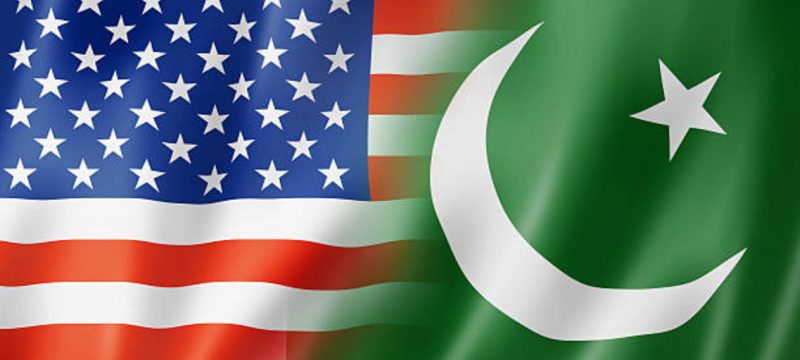As President-elect Donald Trump finalizes his cabinet, several key appointments have raised concerns in Pakistan, despite the country no longer being a primary focus of U.S. foreign policy. Islamabad and Rawalpindi are carefully monitoring the situation, as some of Trump’s picks for critical positions have previously made statements that could impact U.S.-Pakistan relations, especially in light of regional tensions with India.
One such nomination is Senator Marco Rubio for Secretary of State, who has been critical of Trump in the past but is well-regarded for his foreign policy expertise. Rubio made headlines earlier by introducing the U.S.-India Defense Cooperation Act, a bill aimed at strengthening defense ties with India and countering China’s growing influence in the Indo-Pacific. The bill proposed providing India with significant security and technological assistance, akin to U.S. allies like Israel and Japan. Pakistan, however, was mentioned in the bill in a negative context, calling for a report on its alleged use of terrorism against India and recommending that Pakistan receive no security assistance if found culpable.
Also Read: Trump’s Return: Uncertain Prospects for Pakistan
Similarly, Trump’s pick for National Security Adviser, Mike Waltz, has expressed a hardline stance on Pakistan, advocating for increased pressure to address cross-border terrorism. Waltz, a former military officer with experience in Afghanistan, has been critical of Pakistan’s role in regional security, much like Rubio.
Another appointment that could affect Pakistan is Tulsi Gabbard as Director of National Intelligence. Gabbard, a former Democrat, has taken strong positions in favor of India, particularly during the 2019 military standoff between Pakistan and India, when she accused Pakistan of harboring terrorists. Her position overseeing 18 U.S. intelligence agencies could influence policy decisions concerning Pakistan’s regional role and its counterterrorism efforts.
John Ratcliffe, Trump’s choice to head the CIA, is known for his hawkish stance on Iran and China, which could shape the agency’s regional strategy in South Asia, particularly in counterterrorism operations that directly involve Pakistan.
Despite these potentially concerning appointments, Pakistan has signaled its willingness to work with the new U.S. administration. In a policy statement, Army Chief General Syed Asim Munir emphasized that Pakistan would avoid joining any global blocs, focusing instead on promoting peace. This is seen as a message to the incoming Trump administration, indicating Pakistan’s desire for a positive and cooperative relationship with Washington.
The Pakistani government has already initiated efforts to engage Trump’s transition team, seeking to establish early contacts to ensure that the two countries’ ties remain constructive. Pakistan is hoping to mitigate any negative impacts from the Trump administration’s foreign policy choices and maintain a balanced, mutually beneficial relationship with the U.S.









